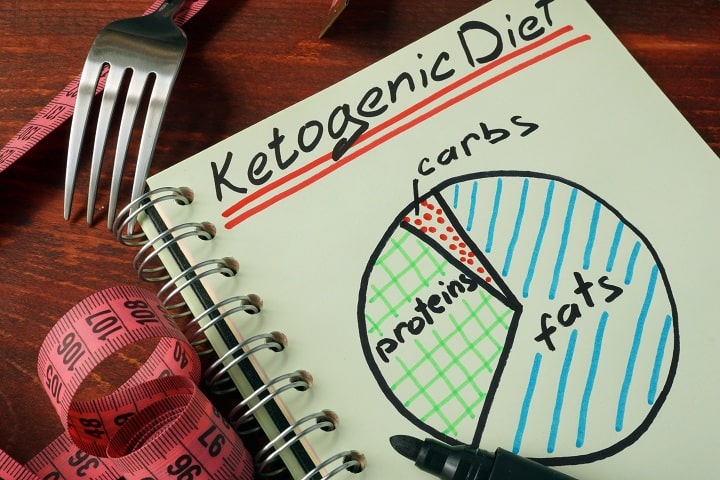Although presented as a method for weight loss, what most people don’t realize are the various other health benefits that the keto diet focuses on—notable areas of study span from metabolism control to a possible increase in brain function.
Any feasible benefit is always a cause for celebration, but studies focusing on the ketogenic diet in relation to gut health are the ones to look out for. While still in its early stages and subject to further reviews, the possibility of creating a positive domino effect on the entire body is another reason many are to try it out for the first time.
So, whether you doubt the effectiveness of undertaking the diet yourself or wish to learn more about how keto affects your health, here are three things to understand about the ketogenic diet:
-
It Introduces Healthy Alternatives Into Your Diet
What recent studies try to elaborate on is the correlation between the food you The diet focuses on the intake of good fats while consuming as few carbohydrates as possible. This kicks off the production of ketone bodies that instigate the metabolic process that gives its namesake.
In order to get the most benefits from the diet, strict adherence to dietary restrictions is key. But while you might bemoan the thought of all the different meals you deprive yourself of, the focus on avoiding processed foods and refined sugars can help in more ways than one. Food items listed under these categories are commonly linked to heart disease, obesity, and cancer.
Moreover, the rise in demand for healthier alternatives has changed the way business owners approach their customers. The increase of niche and food delivery services has made things like keto meal delivery in Toronto a common search term.
Some examples of food you can expect to become familiar with while on a keto diet include:
- Cheese – contains low carb content while being high in fat
- Seafood – packed full of vitamins and minerals while remaining carb-free
- Berries – rare examples of fruits that are low in carbohydrates yet high in fiber
- Eggs – very healthy and good at making you feel full longer
- Dark Chocolate – delicious and full of antioxidants
- Kimchi – the fermentation process increases the yield of healthy bacteria, which aids in gut health
-
It May Help In Reducing Inflammation
As your body adjusts to the changes in your diet, so too does your immune system. Recent studies find that following the keto diet may increase the body’s response to inflammation, especially along the digestive tract.
Inflammation is the body’s way of reacting to infection, irritation, and tissue damage. But should a problem fail to get corrected, healthy tissue is attacked, and the inflammation becomes chronic.
Untreated symptoms can quickly escalate into Crohn’s disease and ulcerative colitis. Managing these diseases can become increasingly difficult as the constant bouts of severe abdominal pain and constipation ravage the gut.
But a body undergoing ketosis is said to be somewhat more resistant to pain and inflammation. Instead of using sugar, fats are instead used as energy. Excess sugar in the body is a known cause of inflammation due to the creation of free radicals.
So, by following the diet, it is believed to tackle two key points. You avoid taking in too many carbohydrates and avoid refined sugar, which lessens the production of free radicals. All of which reduce inflammation and contribute to a healthier gut.
-
It May Help Against The Formation Of Cancer Cells.
Another way in which the keto diet affects gut health may be in the protection against certain types of cancer. Colorectal cancer or colon cancer forms around the lining of the colon or rectum and is considered the second most common cancer affecting adults,
Cancer cells are known to use glucose or blood sugar in order to grow and spread rapidly throughout the body. Researchers are studying to further reinforce findings that suggest that practices like the ketogenic diet deprive cancer cells of essential resources and hopefully slow down their growth or even kill them off entirely.
People following this diet are theorized to have better chances of preventing the formation of polyps in their digestive system. The added protection of a healthy gut lining and decreased carbohydrate intake is a powerful combination. While these findings are yet to produce definitive answers for other forms of cancer, they are a promising start as to what the future holds.
Conclusion
While more testing may need to be done in order to proclaim a cure-all solution when it comes to gut health, the amount of positive data linking the keto diet and gut health is nothing to scoff at. One size may not fit all, but with regular consultations with your doctor and some moderation, going on a keto diet might prove to be good for you in the long run.



















